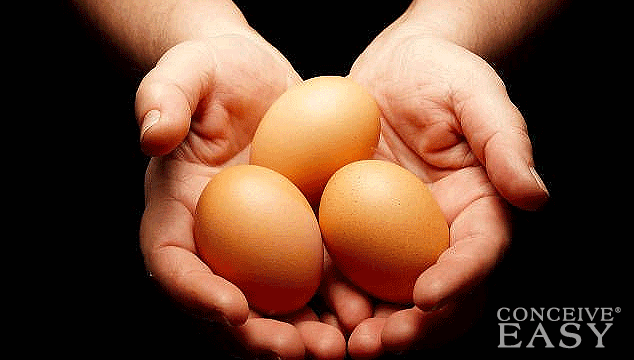![]() The information provided by our expert should not constitute a diagnosis of your condition. Always consult a medical practitioner or healthcare provider for a formal diagnosis. By making use of this content, you agree that ConceiveEasy and the expert assume no liability.
The information provided by our expert should not constitute a diagnosis of your condition. Always consult a medical practitioner or healthcare provider for a formal diagnosis. By making use of this content, you agree that ConceiveEasy and the expert assume no liability.

It’s not something that people often think about, but the women who donate their eggs in the hopes of helping another couple become pregnant often wonder about their egg donation payments. Is that income considered taxable? The short answer is yes, it is. Claim Your 20 Free Pregnancy Tests – Click Here
The Internal Revenue Service considers compensation for egg donation as taxable income. At the beginning of the year following the year of an egg donation, egg donors will receive a 1099 form so that they can report their earnings and pay their taxes. This has been the way that it has always been, and it has just been accepted. That is, until now.

A California woman is arguing in a California tax court that her earnings for two times of egg donation (around $20,000) should not be taxed and that it should be considered a tax exempt payment for her “pain and suffering”. What is going to come of this? No one really knows. In one sense, women who go through egg donation are providing a service or being hired for a job.
When you are hired for a job, you have to pay taxes, simple as that. However, if the women who donate their eggs do feel like their compensation is being taxed too much, what happens to the world of fertility treatment if they stop donating their eggs altogether? It is plain to see that this is a very complex issue with many different sides.

Fertility experts seem to agree.
“Our fertility industry is very fortunate to have the ability for couples to achieve being parents through egg donation,”
says Dr. Lawrence Werlin, medical director of Coast Fertility in Orange County, California
“If not for this treatment their only options would be adoption or to remain child free. The egg donor system allows the Intended Parent (IP) to have a genetic link to the child through sperm injection (ICSI) of the donor eggs, and allows the Intended mother to carry the child. The egg donors are generous with their time and efforts, but penalizing them with heavy taxes would definitely affect the industry. Understanding that all income is taxable, a possible lower tax or credit for this type income should be taken into consideration for these egg donors.”

In the case of Nichelle Perez, the California woman who took the issue to court, the US Tax Court Judge has yet to decide a verdict in the case, but people in the fertility world are paying close attention to see what happens in this precedent setting case! The IRS currently views egg donation payments as a form of self employment, but Perez disagrees.
“This is in no way considered self-employment since I did not sell a product or service,”
she wrote in a 2012 court filing.
“I feel like I am being penalized for doing something good for another person.”
It will be interesting to see what exactly the court decides to do in this case, as it could very well change the way the world of fertility works.










Comments